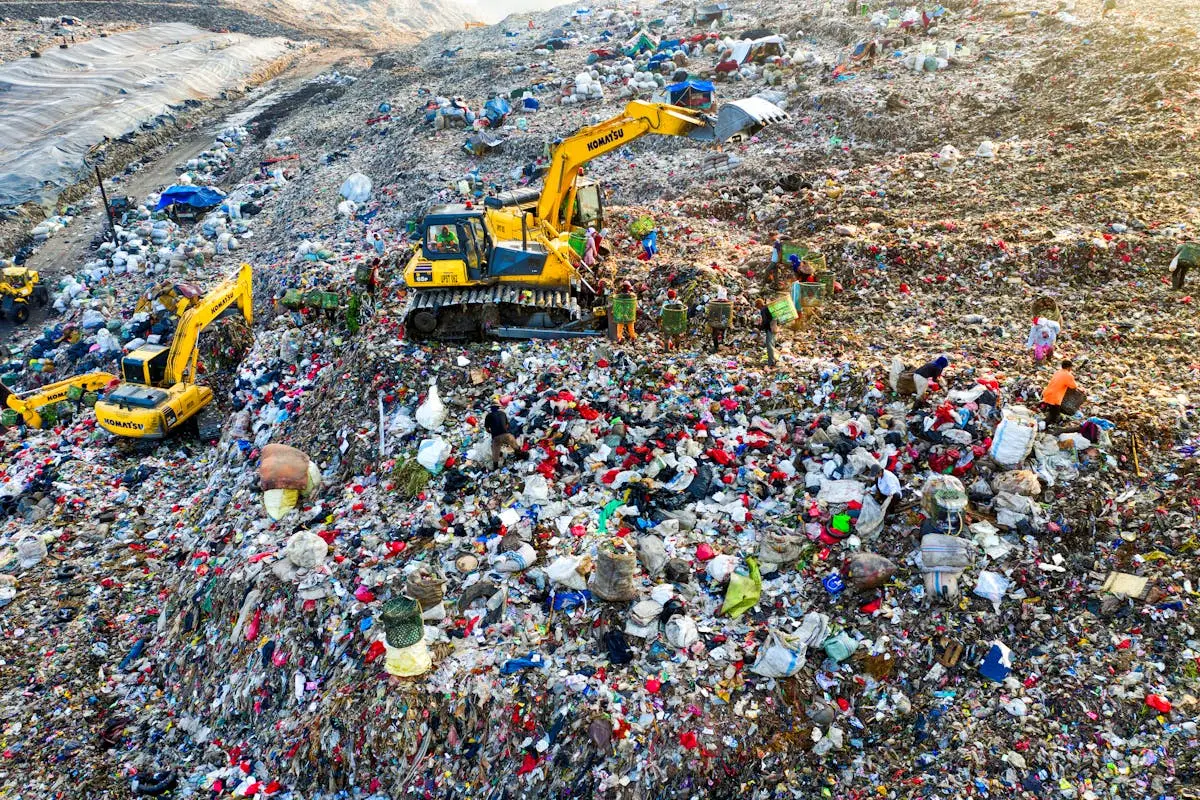Understanding what items can be disposed of in a large dumpster is essential for efficient waste management. Whether you’re decluttering, renovating, or moving, knowing what can and cannot be placed in a dumpster can save you time and ensure you’re adhering to regulations.
General Household Items
Generally, a large dumpster can be an excellent option for getting rid of most common household items. This includes things like furniture—both wooden and some upholstered types, toys, books, and general trash that accumulates during a big clean-out effort. Wooden furniture is almost always accepted, as it decomposes naturally and doesn’t usually carry reservoirs of hazardous material. However, it is essential to be aware that not everything you can throw in a traditional trash can is suitable for a dumpster.
With household clear-outs, certain plastic and metal objects, such as tin cans and plastic containers, can also be disposed of in a dumpster. However, it’s good practice to check if any such items can be recycled instead, as recycling facilities often have programs that complement local disposal services. This is especially important for reducing environmental impact and promoting sustainable living practices.
Construction and Renovation Debris
Large dumpsters are particularly beneficial during construction and renovation projects as they can accommodate materials like wood, concrete, drywall, metals, bricks, and even roofing materials. These items are typically heavy and bulky, making normal waste bins unsuitable. Almost all construction waste can be thrown in a dumpster unless your local area has specific weight limits.
It is important, however, to remain mindful of the weight restrictions that may apply to your dumpster rental. In many cases, heavier items may require a larger or specially reinforced dumpster to prevent overloading, which could both damage the dumpster and incur extra charges. Before loading, confirm specifics with your dumpster provider to ensure compliance with weight limits and material regulations.
Electronics and Appliances
When considering whether electronics and appliances can be thrown into a dumpster, it’s critical to proceed with caution. Many electronic devices contain hazardous materials that can break down and leach into the environment, posing safety risks. Certain appliances, such as refrigerators and air conditioning units, need to be processed correctly to eliminate any refrigerant gas they may contain before disposal. For a safe approach, a professional should tackle their disposal or recycling.
Similarly, smaller electronics like old computers, cell phones, and other gadgets often fall under e-waste regulations. For these items, it might be best to refer to community recycling and donation programs, such as the initiatives advised by technology donation programs which emphasize sustainable e-waste disposal. These programs ensure that old electronics are either reused or recycled responsibly.
Items That Are Typically Prohibited
While there is a wide range of items you can dispose of in a large dumpster, some items are strictly prohibited due to their hazardous nature. This includes toxic substances like asbestos, automotive fluids, and pesticides, which require specialized handling procedures by professionals. Such materials can pose significant health risks and damage the environment if not disposed of correctly.
Equally important is the prohibition of explosive items like propane tanks, as they pose a significant safety risk due to their potential to ignite or explode. Similarly, liquids like paint, oils, or full aerosol cans typically need to be dealt with separately to prevent contamination of landfill sites. To ensure responsible disposal, always consult local guidelines or reach out to a hazardous waste facility for advice.
Local Regulations and Company Policies
Navigating the regulations surrounding dumpster usage can be challenging due to variations from one region to another. Each area can have its own local waste management regulations that dictate what can and cannot be disposed of in a dumpster. Hence, checking any municipal rules or instructions before disposing of waste is advised.
Moreover, different dumpster rental companies may have specific policies that further influence what you are able to throw away. These policies can include unique stipulations tailored to the company’s operational capabilities or local community standards. When renting a dumpster, make sure to engage with your service provider to develop a comprehensive understanding of these policies.
Final Thoughts on Dumpster Disposal
By being informed about what items can be disposed of in a large dumpster, you can manage waste effectively while staying compliant with local disposal regulations. This not only keeps your project running smoothly but also aids in sustainable waste management practices.

